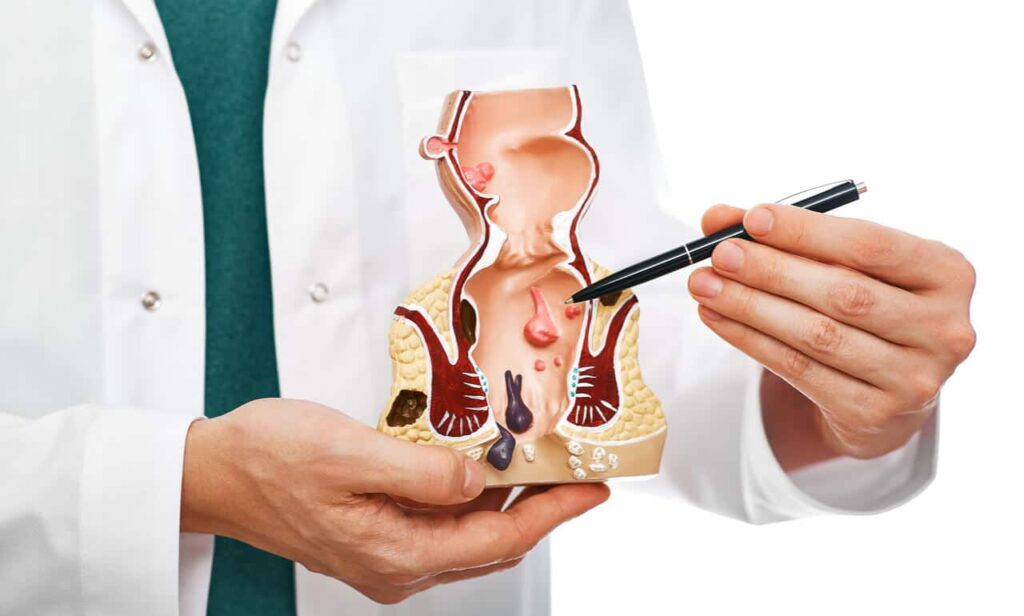Anal fissures can be a painful and uncomfortable condition, but they are treatable. Understanding the signs and symptoms is crucial for early diagnosis and effective management.
Anal fissures are a common medical issue that can cause discomfort and pain. While not life-threatening, they can significantly affect a person’s quality of life. It’s essential to pay attention to the signs of anal fissures and seek timely treatment. In this article, we will explore the various aspects of anal fissures, including their causes, symptoms, treatment options, and prevention.

Introduction:Anal Fissures a rapidly increasing lifestyle disorder
What are Anal Fissures?
Anal fissures are small tears or cracks in the lining of the anal canal. They can occur for various reasons, including trauma during bowel movements, hard stools, or underlying medical conditions. These fissures typically cause pain, bleeding, and discomfort.
Primary Factors Behind Anal Fissures
Understanding the causes of anal fissures is essential in preventing their occurrence. Common causes include:
1. Exerting Pressure During Defecation
The excessive strain during bowel movements can lead to anal fissures.
2. Constipation
Hard stools and constipation put pressure on the anal canal, increasing the risk of fissures.
3. Diarrhea
Frequent diarrhea can irritate and damage the anal lining.
4. Childbirth
Anal fissures can occur during childbirth due to stretching of the anal canal.
Signs and Symptoms
Recognizing the signs and symptoms of anal fissures is vital for early intervention. Look out for:
1. Rectal Pain
A sharp, stinging pain during and after bowel movements.
2. Bright Red Blood
Blood on toilet paper or in the toilet bowl after a bowel movement.
3. Itching and Irritation
The anal area may become itchy and irritated.
4. Muscle Spasms
Some individuals experience muscle spasms around the anal sphincter.
Diagnosing Anal Fissures
A healthcare provider can diagnose anal fissures through a physical examination and by discussing your medical history. In some cases, additional tests like anoscopy or sigmoidoscopy may be necessary to rule out other conditions.
Treatment Options
The treatment of anal fissures varies based on their severity. Options include:
1. Lifestyle Changes
Dietary modifications to prevent constipation.
2. Over-the-Counter Medications
Ointments and creams to relieve pain and promote healing.
3. Prescription Medications
Medications to relax the anal sphincter and promote healing.
4. Surgical Interventions
For severe cases, surgical procedures like Anal Fissurectomy and Sphincterotomy may be recommended.
Natural Remedies
Some individuals prefer natural remedies to alleviate anal fissure symptoms. These can include warm baths, dietary fiber supplements, and herbal treatments. However, it’s essential to consult a healthcare professional before trying these remedies.
Prevention
Preventing anal fissures involves maintaining a healthy digestive system, which includes staying hydrated, eating a high-fiber diet, and avoiding straining during bowel movements.
Living with Anal Fissures
Living with anal fissures can be challenging, but with the right treatment and lifestyle adjustments, it’s possible to manage the condition effectively.
When to Seek Medical Help
If the symptoms persist or worsen despite home remedies, it’s crucial to consult doctor at Padma hospital. Additionally, if there are complications such as infection, immediate medical attention is required.
Anal Fissures vs. Hemorrhoids
It’s important to distinguish between anal fissures and hemorrhoids, as the symptoms can be similar. Hemorrhoids are swollen blood vessels in the rectal and anal area, whereas anal fissures are small tears in the anal lining.
Complications
While anal fissures are typically benign, complications can occur. These may include chronic fissures, infection, or abscesses.
Anal Fissures in Children
Children can also develop anal fissures, often due to constipation. It’s essential to address this issue promptly to prevent long-term discomfort.
Conclusion
In conclusion, anal fissures are a common yet painful condition that can be managed effectively with early diagnosis and appropriate treatment. Paying attention to the signs and symptoms, and seeking medical advice when needed, is essential for a better quality of life.
